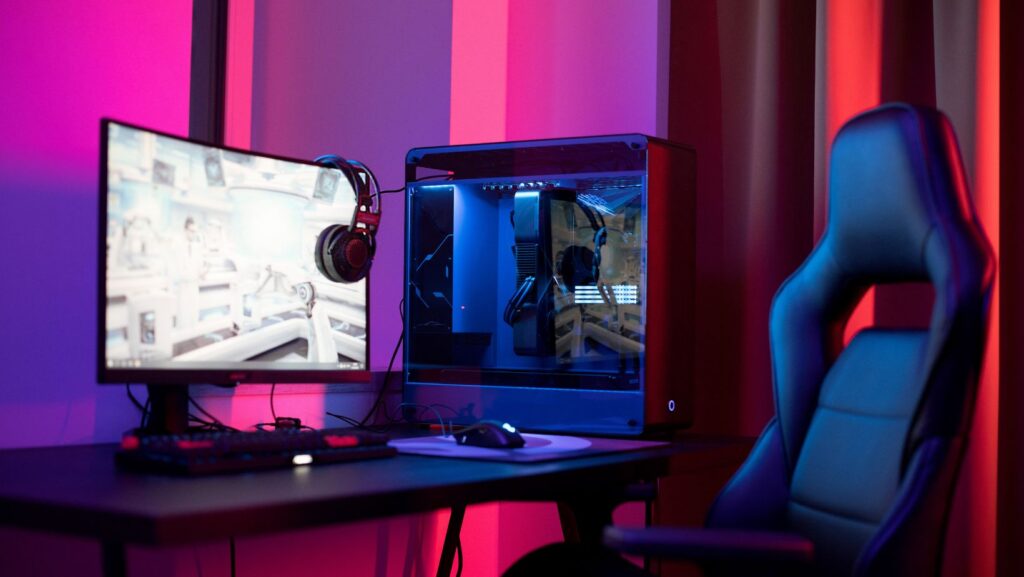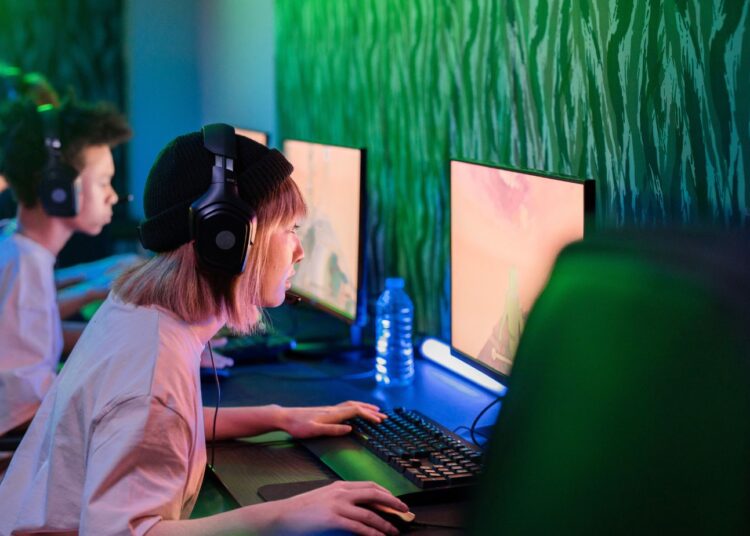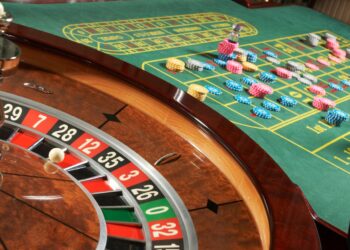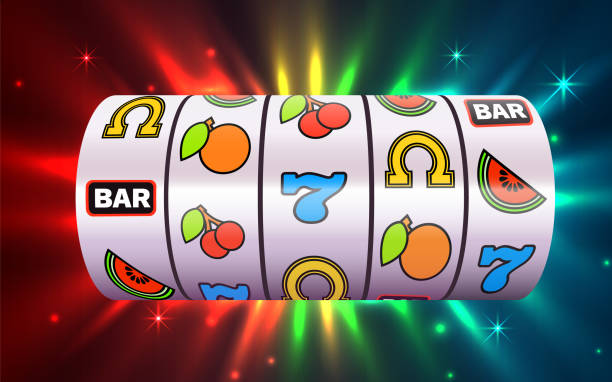In an era defined by rapid connectivity and personalized media, how we spend our leisure time has evolved. The post-pandemic digital boom didn’t just change where we work; it transformed how we unwind.
Yet, despite the clear shift, there’s still a cultural divide between “productive” pastimes like reading, gardening, or volunteering and digital leisure activities like online gaming, streaming, or virtual socializing.
The question we should be asking is: why?
If leisure is about rejuvenation and personal fulfillment, then dismissing digital pursuits as shallow or inferior ignores the reality of how millions find joy and connection today. This is especially true for a generation raised on the internet and for older audiences rediscovering digital engagement later in life. It’s time we challenge outdated assumptions and reevaluate digital leisure through a modern, inclusive lens.
Digital Entertainment is Intentional
One common critique is that digital pastimes are mindless, but this ignores the sheer breadth of activities now available. From collaborative gaming to online book clubs, digital entertainment encourages critical thinking, strategy, and social coordination. The stereotype of the isolated gamer fades fast when you step into a virtual environment filled with real-time chat, teamwork, and even cross-cultural exchanges.
Take immersive platforms and modern online casinos as an example. They’re not just flashing lights and spinning reels, they’re complete ecosystems with gamified reward systems, community tournaments, and user-designed experiences. Visitors aren’t simply consuming entertainment, they’re curating it.
Consider the official Wild Casino website, which blends classic gaming formats with digital-first features like crypto-friendly payments, bonus systems, and live dealer interactions. This kind of platform redefines what an online pastime looks like, offering an engaging environment that feels more like an interactive hobby than a solitary vice.
Online Communities Foster Real Human Connection
Critics of digital leisure often claim it isolates users. Yet, research shows otherwise. Online games, forums, and streaming platforms have become a lifeline for many, particularly during periods of physical distancing. People are building friendships, support networks, and even businesses through shared digital interests.

Much like traditional clubs or hobby groups, these communities thrive on regular interaction, common goals, and mutual encouragement. Whether it’s Discord chats during a live tournament or Twitch streamers hosting Q&A sessions, the emphasis is on participation and presence.
The line between digital and physical connection is blurring, and for many, these experiences are no less “real” than a night out with friends. In fact, the ability to connect with someone across the globe, based on shared interests rather than proximity, often results in deeper and more meaningful exchanges.
Counterargument: Isn’t Too Much Screen Time Harmful?
It’s true that excessive screen time can have negative effects, but this applies to any form of excess, whether it’s food, exercise, or even reading. The issue is not the medium itself, but the balance and intention behind its use.
Spending three hours watching mindless content might feel unfulfilling. But spending the same amount of time participating in a digital book club, improving poker strategy, or co-creating a gaming stream is entirely different. It’s about choice and consciousness.
Moreover, the digital space now offers tools for self-regulation. Most platforms, including entertainment and casino websites, integrate usage reminders, time trackers, and even cooldown features to encourage healthy behavior.
Digital Pastimes Are the Frontier of Creative Expression
From YouTube channels to custom game mods, digital leisure provides unprecedented creative freedom. You don’t need a publishing deal to share your story, or a gallery to showcase your art. Whether someone is crafting in Minecraft, editing a Let’s Play series, or designing virtual outfits in Roblox, they’re expressing identity and perspective in ways that traditional formats can’t always support.
Even online gaming platforms are evolving to let users shape their experience. Some casinos now allow users to participate in community polls for game development or host personalized blackjack tables. These choices deepen engagement and let users feel like co-creators of their entertainment, not just consumers.
This democratization of creativity not only opens new doors for individuals but also levels the playing field for global participation in cultural creation.
Actionable Insight: Redefining Leisure for the Modern Age
We need to expand our cultural definition of what constitutes a meaningful pastime. That means:
- Valuing digital interaction as a valid form of community
- Acknowledging strategy, creativity, and skill in online environments
- Supporting platforms that promote safe, ethical, and inclusive engagement
- Letting go of outdated “screen guilt” and instead practicing intentional usage
Parents, educators, and employers should lead with curiosity, not judgment. Instead of asking whether someone is spending too much time online, ask what they’re doing, learning, and building there.
Conclusion: Embracing a Broader Spectrum of Joy
Digital leisure is no longer a niche. It’s a global reality that spans generations, interests, and socioeconomic backgrounds. To dismiss it is to ignore how culture evolves and how people now seek connection, stimulation, and joy.
From streaming niche documentaries to solving escape rooms online, the way we spend downtime is more diverse than ever. The conversation should no longer be about what’s “valid” and what’s not. It should be about how to help people engage with whatever brings them joy, responsibly, creatively, and without stigma.
The digital world offers more than escapism. It offers expression, mastery, and community. And that deserves a seat at the table alongside books, sports, and everything in between.










